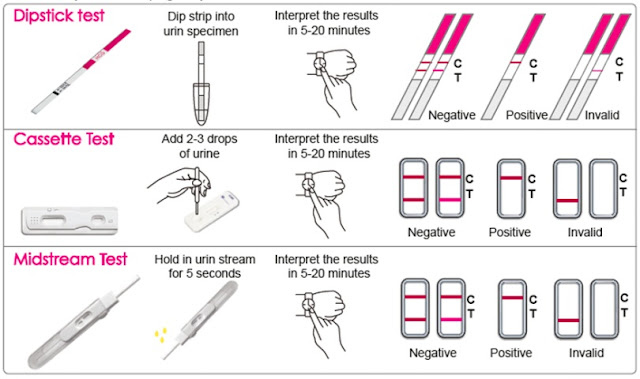Possible Complication during Pregnancy
Complication during Pregnancy
All pregnancies do not always progress very well and more or
less serious complications can sometimes arise: clear egg, gestational
diabetes, placenta Previa, persistent nausea and vomiting, fluid retention and
swollen legs, hypertension, pre-eclampsia, pregnancy Extra-uterine,
miscarriage, etc.
In this section, you will find all the complications you may
face during pregnancy, their causes and possible treatments, knowing that your
gynecologist is always the reference professional and the one who knows your
case best.
We explain how to detect the symptoms and first symptoms of
pregnancy complications in order to guide you and allow you to consult your
doctor at the appropriate time.
The possible complications of pregnancy symptoms are:
Miscarriage
(natural interruption of pregnancy before 20 weeks of pregnancy). It occurs in
15 to 20% of pregnant women.
Gestational diabetes
is a glucose intolerance that manifests during pregnancy, most often during the
2nd or 3rd trimester.
Ectopic pregnancy
(EGG) or ectopic pregnancy occurs when the fertilized egg is implanted
outside the uterus, typically in one of the fallopian tubes (tubal pregnancy),
more rarely in the ovary (ovarian pregnancy ), Or in the peritoneal cavity
(abdominal pregnancy).
Iron deficiency
anemia (due to iron deficiency) is common in pregnant women, especially
those with multiple and close pregnancies.
Pre-eclampsia or
pregnancy hypertension results
from high blood pressure and an excess of protein in the urine. It may develop
gradually or appear abruptly after about 20 weeks of pregnancy. The only way to
cure them is to give birth to the child.
Preterm labor
occurs before the 37th week of pregnancy. The causes are multiple and very
often unknown.
In general, consult your doctor if you have:
1.
Loss of fluid or
blood from the vagina.
2.
A sudden or extreme
swelling of your face or your fingers.
3.
Severe or persistent
headaches.
4.
Nausea and vomiting
persist.
5.
Dizziness.
6.
Blurred or blurred vision.
7.
Pain or cramps in
the abdomen.
8.
Fever or chills.
9.
A change in the
baby's movements.
10.
A burning sensation
when urinating.
11.
A disease or
infection that persists.
12.
If you are a victim
of abuse or ill-treatment.

Comments
Post a Comment